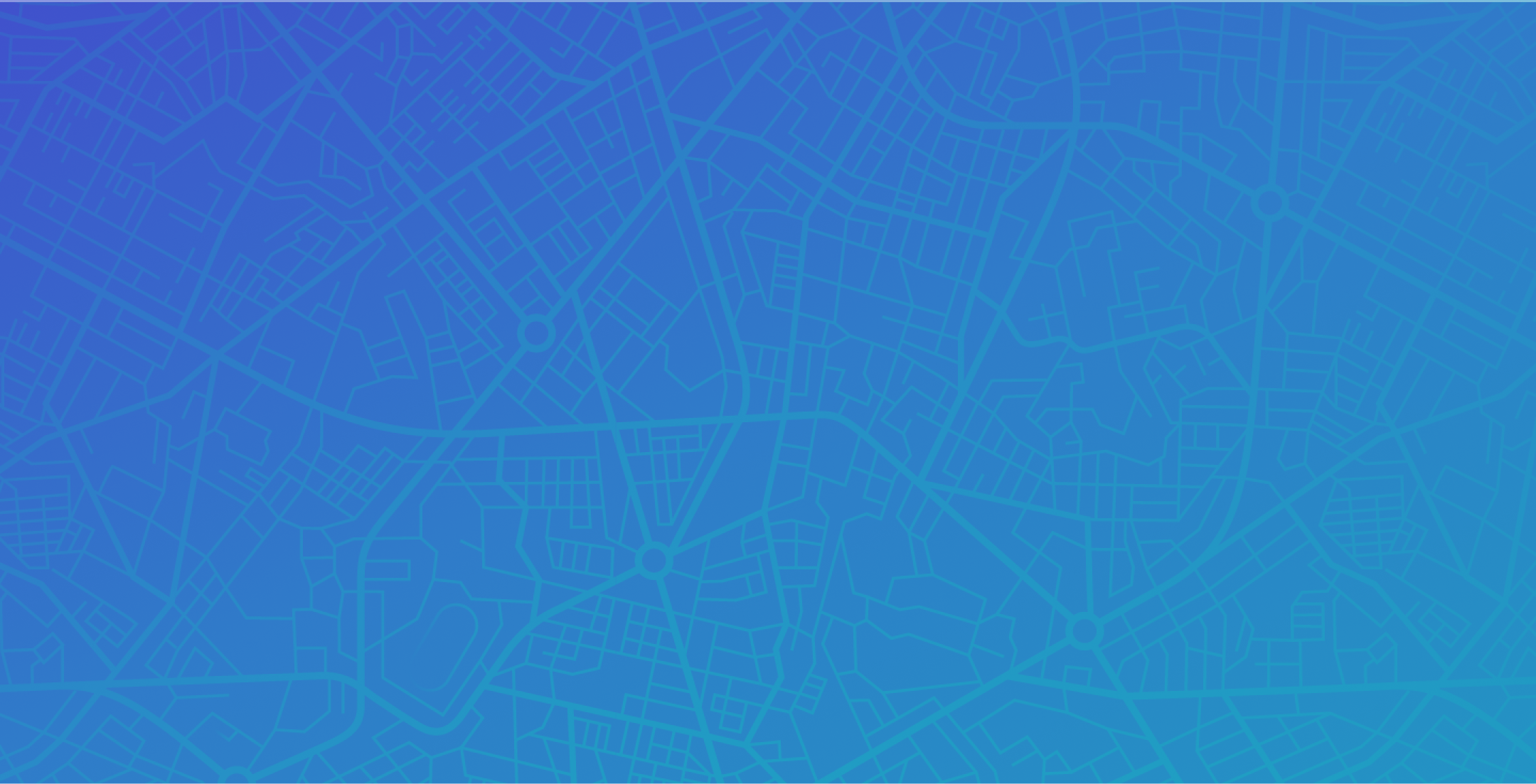
Next week, I am headed to the Esri User Conference in San Diego. I am looking forward to talking about Overture Maps and how the project can support open mapping initiatives from national, state, and local GIS agencies.
As a member of Overture Maps Foundation, Esri has been a great partner in building these connections to these public agencies. Much of this work has been through their Community Maps program, which allows sharing and discovery of unique open map layers.
One of Overture’s objectives is to build market-grade map data from all available sources of high-quality open map data. Public agencies at the national, state/regional, and local levels are increasingly making their geospatial data open, making this a very interesting source of authoritative data. Overture is very interested in building collaborative relationships with those agencies that can benefit all parties. During the conference, I plan to meet with government agencies and their representatives to discuss what that collaboration can look like.
From many conversations over the last year, there are three areas of potential value from these public-private partnerships around open map data:
- Expanding impact: By including open data from national, state/provincial, and local GIS organizations) in a global dataset, the value of the data increases through the connection to other data and users. This integration makes it usable by billions of people around the world in applications that require a global database, which increases the impact of an open dataset beyond what it would be on a stand-alone basis.
- Optimized data feedback: Feedback generated through the usage of map data is an important source of information, especially when data is inaccurate or changed. Overture Maps will capture different mapping signals from high-volume usage and will build feedback loops to process data about changes in the world. This can help government groups understand where the world has changed and where data may need to be refreshed.
- Expanded network of resources: Member companies involved in the Overture Maps Foundation have significant resources for AI, computer vision, machine learning, data aggregation, and conflation. These technologies can be used to process data, such as aerial lidar or street-level imagery, into map data that can be used to create or enrich other data. We have already piloted an example of this type of collaboration with the US Geological Survey (details here).
I am looking forward to talking to many of you at the Esri User Conference, to understand your interests and priorities and also to answer any questions about Overture Maps Foundation. To contribute open data, you can go through Esri’s Community Maps Program or by contacting Overture at info@overturemaps.org.
